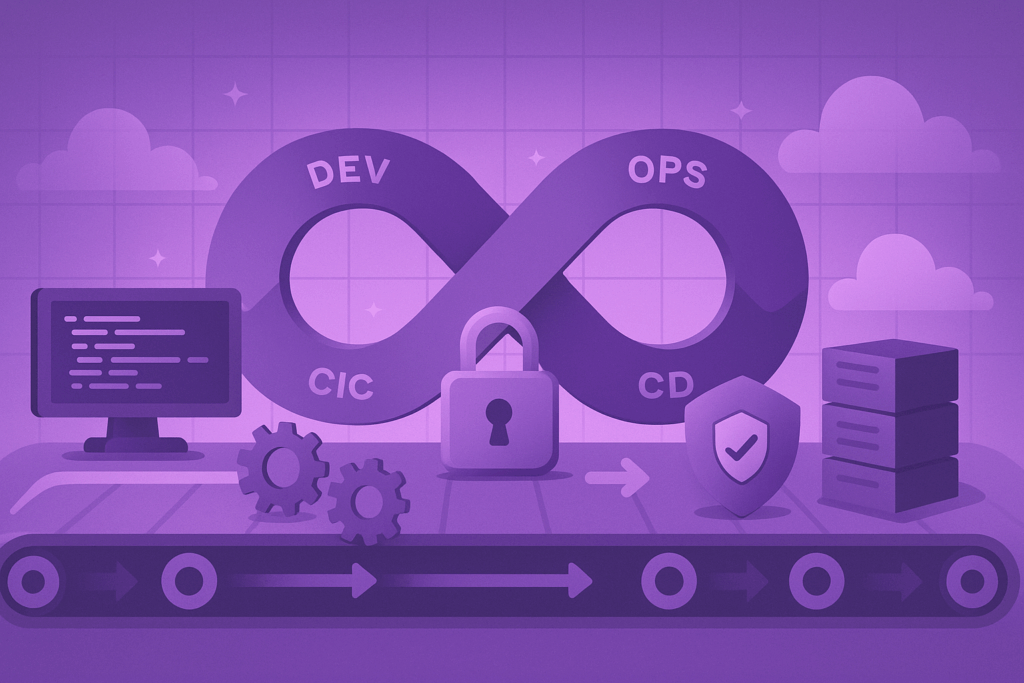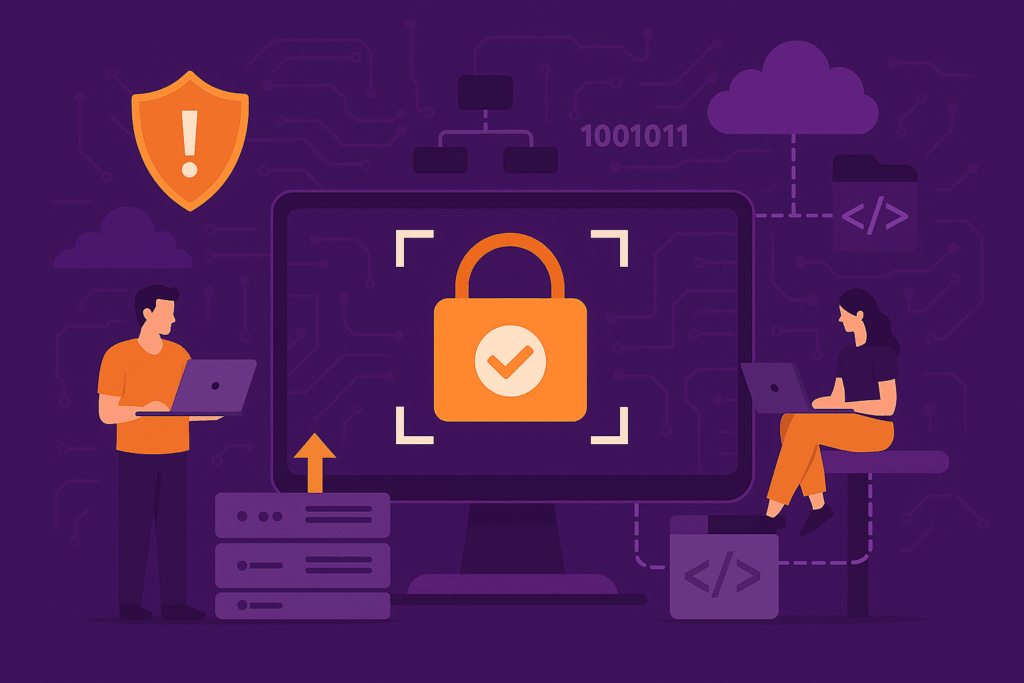Blockchain technology is quickly becoming a game-changer in mobile app development, offering innovative solutions for enhanced security, transparency, and efficiency. Blockchain is now reshaping various industries with its decentralized, immutable, and transparent nature. Particularly for sectors handling sensitive data and transactions. Here’s a detailed look at how blockchain is revolutionizing app development.
1. Enhanced Security: A Decentralized Approach
In today’s digital landscape, security breaches are a major concern, especially for apps dealing with financial, personal, or healthcare data. Traditional app architectures often store information in centralized servers, making them prime targets for hackers. Blockchain, by design, stores data across a decentralized network of nodes, making it far more difficult for cybercriminals to alter or compromise.
Each transaction or change is encrypted and linked to the previous one, creating an immutable chain of data. If a hacker attempts to manipulate any block, they would need to alter every previous block across all distributed copies—an almost impossible task. This makes blockchain an ideal technology for apps that need high levels of security, such as mobile banking or digital identity verification.
2. Transparency and Traceability: Boosting Trust
Blockchain technology also provides unmatched transparency, allowing every transaction or data point to be visible to authorized parties. In industries such as supply chain management, users can trace the entire journey of a product from creation to delivery, building trust with customers by showing proof of origin and ethical sourcing.
For mobile apps, this transparency is particularly useful in sectors that require clear audit trails, such as healthcare or legal services. In these industries, maintaining data integrity and having a transparent view of all changes can prevent fraud and increase user trust. Users can verify their transactions or data modifications directly, reducing the reliance on third-party verification services.
3. Smart Contracts: Streamlining Processes
Smart contracts are a powerful feature of blockchain that automatically execute actions when predefined conditions are met. These contracts are self-enforcing, meaning that once the conditions are fulfilled, the contract’s terms are automatically executed without the need for intermediaries like lawyers or brokers.
For app developers, smart contracts open up possibilities in industries like real estate, insurance, and logistics. For example, in a real estate app, smart contracts can facilitate seamless property transactions without manual paperwork or third-party approvals. In logistics apps, they can automate payments when goods are delivered, reducing delays and improving efficiency.
4. Decentralized Apps (dApps): User-Centric Control
Decentralized apps (dApps) are built on blockchain, meaning they are not controlled by a single entity or hosted on centralized servers. Instead, dApps rely on a distributed network of nodes, providing users with greater control over their data and reducing the risk of censorship or data manipulation by companies.
In mobile development, dApps are especially popular in the gaming, finance, and social media sectors, where user privacy and data ownership are growing concerns. For instance, decentralized finance (DeFi) apps allow users to manage financial transactions without relying on banks or other centralized institutions. By building decentralized systems, these apps grant users more autonomy, enhancing privacy and reducing fees for cross-border transactions.
5. Cryptocurrency Payments: Enabling Global Transactions
Another significant advantage of blockchain is its native compatibility with cryptocurrencies. For mobile apps, this means integrating secure and fast cryptocurrency payments is easier than ever. Blockchain-based payment systems eliminate the need for traditional banking infrastructure, allowing for low-cost, near-instant global transactions.
In particular, blockchain payments are gaining traction in eCommerce, gaming, and finance apps. These apps can accept cryptocurrency payments, enabling seamless global purchases without the usual delays and fees associated with traditional currency exchanges.
6. Real-World Applications of Blockchain in Mobile Apps
Several mobile apps are already leveraging blockchain’s capabilities to provide secure, efficient, and transparent solutions:
- Brave Browser: Built on blockchain, Brave rewards users with cryptocurrency tokens for viewing ads, giving users control over their online experience.
- WeTrust: A decentralized platform offering financial services like loans and savings, entirely built on blockchain, providing users with transparency and control over their assets.
- Doc.ai: A healthcare app using blockchain for secure data storage, allowing users to share their health data with researchers without risking privacy.
Blockchain is not just a trend in mobile app development; it’s a revolutionary technology that offers new ways to improve security, transparency, and user control. As mobile app users become more concerned with privacy and data integrity, blockchain provides the foundation for apps that meet these demands. Whether it’s through decentralized apps, smart contracts, or cryptocurrency payments, blockchain is paving the way for the future of mobile applications.
By staying on top of blockchain innovations, app developers can not only meet user expectations but also position themselves at the forefront of this fast-growing technological frontier.
Are you interested in learning how you can integrate blockchain into your digital technology? Contact our expert team at 247Labs.com to discover how we can help you balance innovation with top-tier security.



